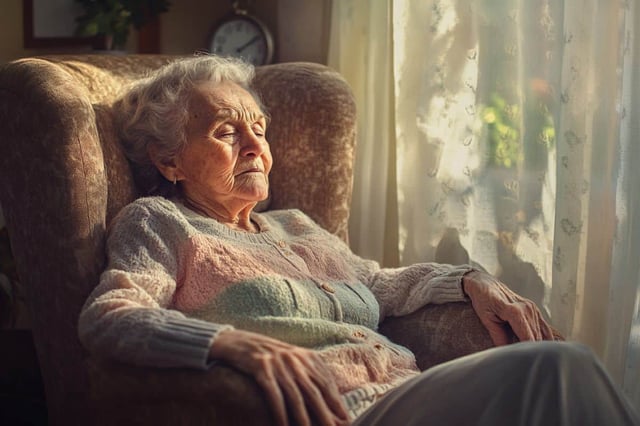Overview
- The study, published in Neurology, followed 733 women aged 65 and older without cognitive impairment or dementia at baseline over five years.
- Participants with increasing daytime sleepiness were found to have double the dementia risk compared to those with stable sleep patterns, even after adjusting for factors like age and health conditions.
- Researchers identified three sleep pattern groups: stable or improving sleep, declining nighttime sleep, and increasing sleepiness, with the latter linked to the highest dementia risk.
- No significant association was found between declining nighttime sleep and dementia risk, underscoring the unique role of daytime sleepiness changes.
- The study’s findings are limited by its predominantly white participant group and do not establish causation, calling for further research in diverse populations.


